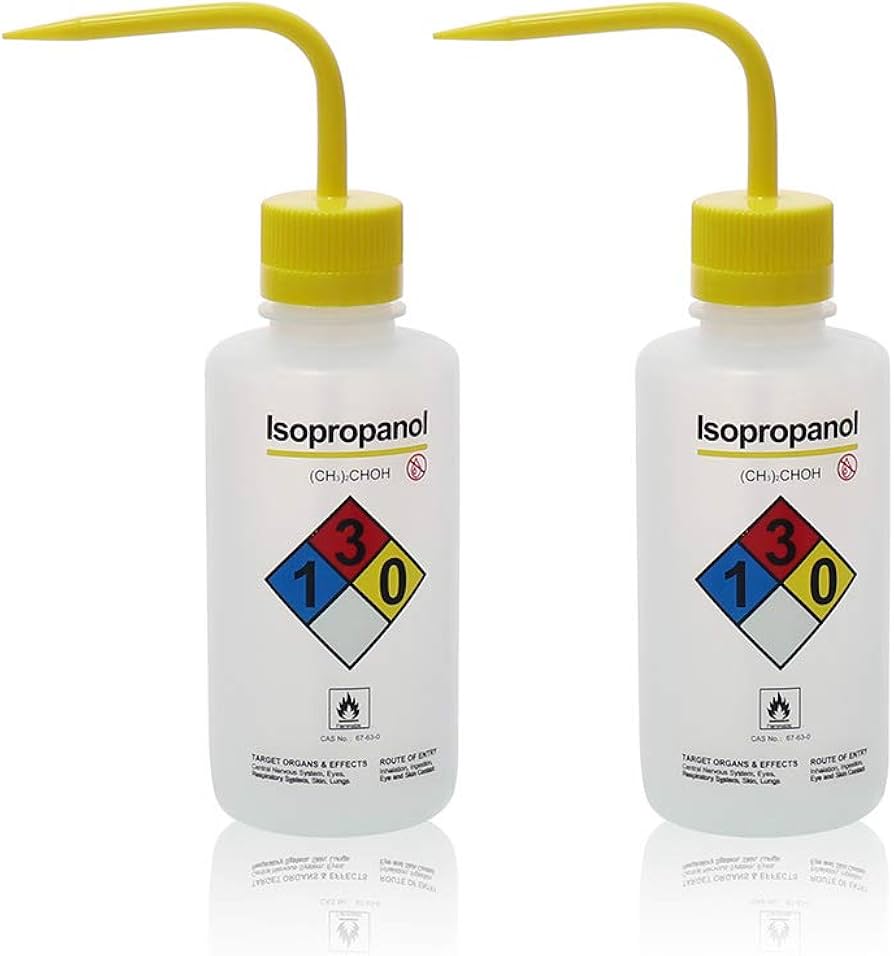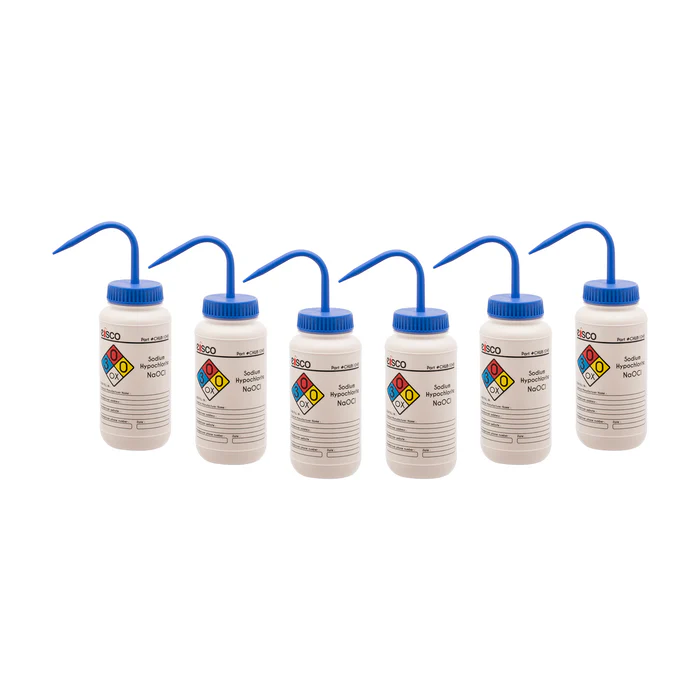In medical, pharmaceutical, and hygiene industries, product safety begins with the packaging. Plastic alcohol bottles with safety certification ensure that sanitizing liquids, disinfectants, and antiseptic solutions are stored in secure, compliant, and contamination-free containers. Certified bottles help brands meet regulatory requirements, protect end users, and maintain product quality throughout the supply chain.
Why Safety Certification Matters
Alcohol-based liquids—especially those used in hospitals, clinics, and households—must be stored in reliable packaging. Safety certification guarantees that bottles meet strict standards for:
- Material purity and non-toxicity
- Chemical resistance and stability
- Leak-proof and tamper-evident design
- Hygienic production and traceability
These certifications not only protect consumers, but also help manufacturers comply with international regulations such as FDA, CE, ISO, RoHS, or GMP depending on the market.
Certified Materials for Alcohol Packaging
Certified alcohol bottles are typically made from HDPE, PET, or PP, which are approved for direct contact with sanitizing liquids.
- HDPE: Best for medical-grade disinfectants and strong alcohol solutions
- PET: Offers transparency and premium appearance for retail sanitizers
- PP: Used for closures including flip caps, mist sprayers, and screw lids
Each material is BPA-free, non-reactive, and compliant with FDA or EU standards, ensuring consumer safety and long-term stability.
 Refer to : Food Plastic Bottles
Refer to : Food Plastic Bottles
Key Features and Benefits
Bottles with proper safety certification offer clear advantages:
- Leak-Proof Construction: Prevents spills and evaporation during transport or storage
- Chemical Resistance: Stable with 60–90% ethanol and isopropyl alcohol
- Tamper-Evident Options: Ensures product authenticity and security
- Label-Ready Surface: Supports hazard symbols, usage instructions, barcodes, and batch codes
- Multiple Volume Options: From 30ml pocket bottles to 1L or 5L bulk containers
- Shatter-Safe Design: Safer and more lightweight than glass
These features make certified bottles suitable for both everyday consumers and professional healthcare environments.
Applications Across Industries
Plastic alcohol bottles with safety certification are used in:
- Hospitals, Clinics, and Pharmacies
- Laboratories and Diagnostic Centers
- Pharmaceutical and Cosmetic Factories
- Hand Sanitizer and Disinfectant Brands
- Industrial Hygiene and Cleaning Programs
No matter the setting, certified packaging ensures product protection from filling to final use.

Learn more: PET medical plastic bottles
Closure and Dispensing Options
Manufacturers provide various closure systems to support different applications:
- Fine Mist Sprayers for surface or hand disinfection
- Flip-Top Caps for fast daily use
- Screw Caps for bulk storage and refilling
- Pump Heads for large bottle formats
- Child-Resistant and Tamper-Evident Closures for high-safety environments
These systems improve precision, hygiene, and user convenience.
Quality Control and Testing
Certified bottles must pass thorough testing processes, such as:
- Leak-proof and pressure testing
- Chemical compatibility testing (SGS)
- Drop and impact resistance testing
- Cleanroom production inspection
- Batch traceability for audits and recalls
This ensures consistent performance and regulatory compliance in both local and export markets.
Sustainability Options
Modern certified packaging now also focuses on sustainability. Many manufacturers offer:
- rPET and PCR-HDPE materials
- Lightweight bottle designs to reduce plastic usage
- Eco-friendly labels and inks
- Energy-efficient molding technology
This helps brands improve environmental responsibility without sacrificing safety.
Plastic alcohol bottles with safety certification deliver secure, hygienic, and regulation-ready packaging for alcohol-based products. With high-quality materials, leak-proof construction, and strict testing, certified bottles protect product integrity and help businesses meet global safety standards. For any medical or hygiene brand, choosing certified packaging is the most effective way to build trust and ensure end-user safety.
